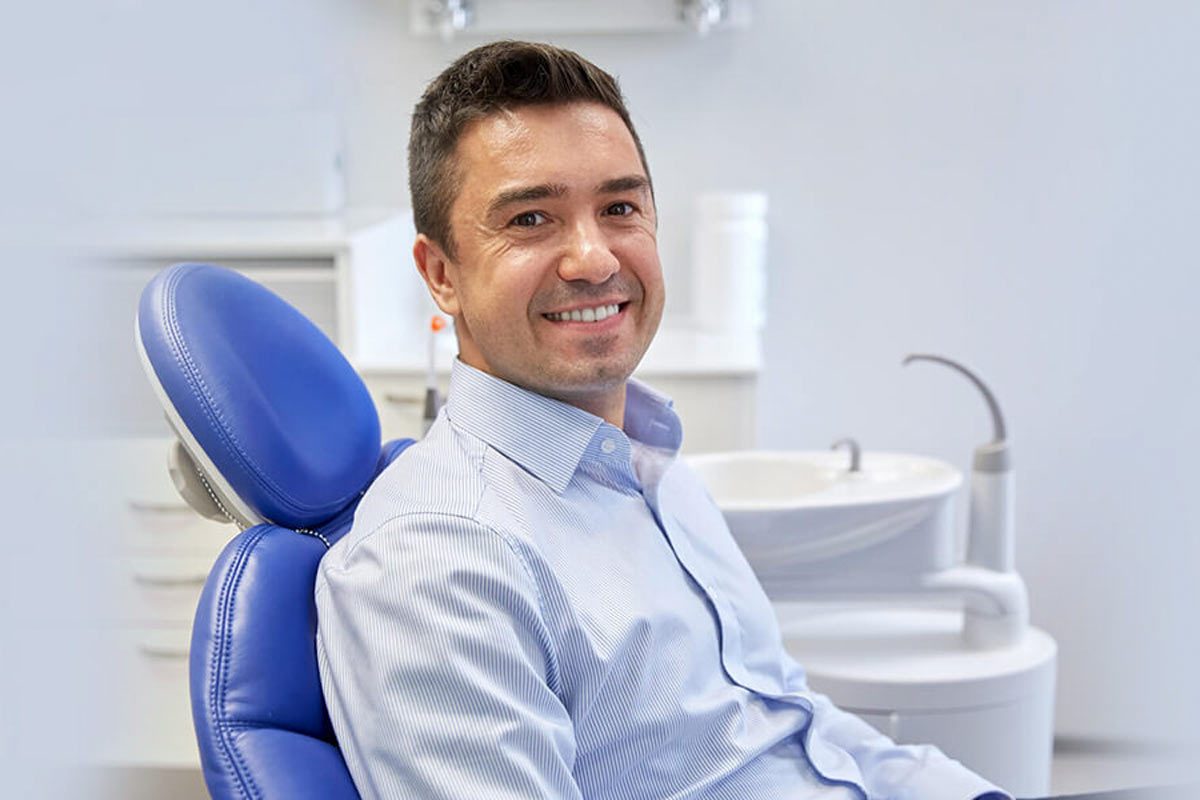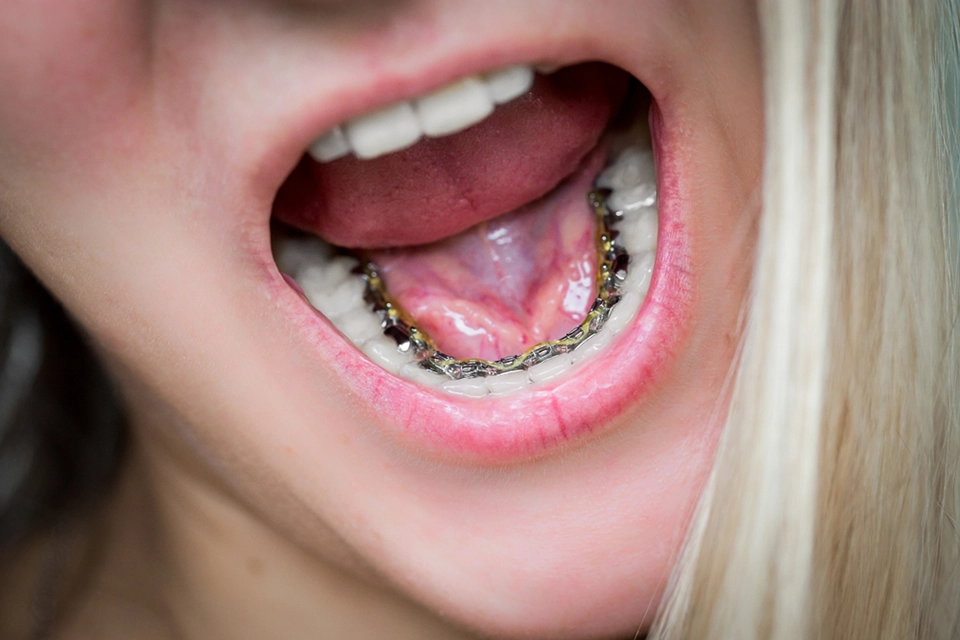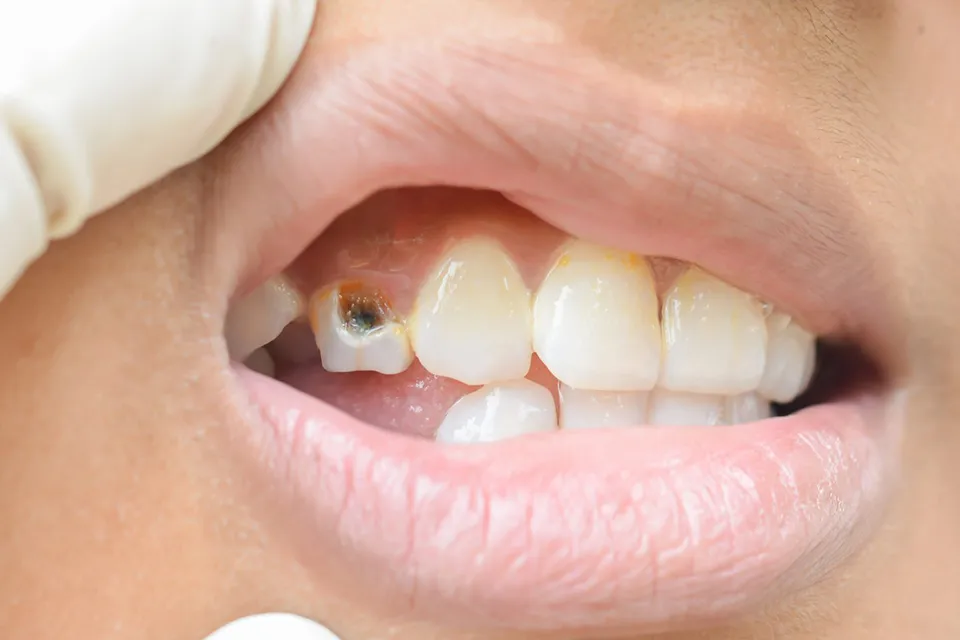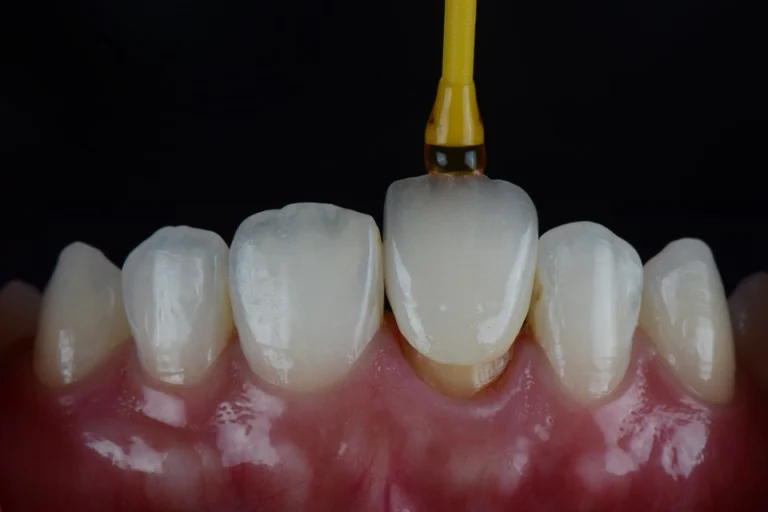Oral cancer is a powerful adversary, affecting the lives of thousands of people each year. However, finding a sympathetic and experienced dental staff in the face of such a diagnosis becomes critical for successful treatment. In this post, we will discuss the efficacy of surgical treatments in the battle against oral cancer.
What Is Oral Cancer?
Oral cancer is the uncontrolled development of abnormal cells in the mouth and throat. Unfortunately, this condition can have devastating effects, interfering with vital functions like eating, speaking, and breathing.
Moreover, oral cancer can affect non-smokers and non-drinkers as well as smokers and drinkers. Additionally, early detection and immediate intervention are critical to improving outcomes and increasing patients’ quality of life.
Diagnosis and Treatment Planning
When it comes to oral cancer, early detection is critical for successful treatment. X-rays, biopsies, and imaging tests are essential in this process.
Why Are Regular Screenings So Important for Oral Cancer?
Early detection is a game-changer in the battle against oral cancer. Routine oral screenings are critical in detecting potential symptoms of oral cancer in its early stages when treatment outcomes are most favorable. At Zara Dental in Houston, Texas, we stress the significance of regular dental check-ups and screenings. Our dentists are trained to identify suspicious lesions or abnormalities during routine check-ups.
If any concerning signals are detected, our dentists communicate them to the patient, and additional diagnostic tests, such as biopsies, are recommended if necessary. We support our patients’ battle against oral cancer by remaining proactive and alert.

What Are Available Surgical Treatments for Oral Cancer?
Tumor Resection
Surgical removal is frequently the first line of defense when a tumor is localized and hasn’t progressed to other body parts. Furthermore, this strategy substantially increases the likelihood of full recovery and reduces the risk of recurrence.
Lymph Node Dissection
A lymph node dissection may be necessary if cancer has spread to the lymph nodes. This surgery involves the removal of damaged lymph nodes to prevent the spread of cancer cells.
Reconstructive Surgery
Reconstructive surgery is useful when tumor removal affects a patient’s look and function.
Supportive Surgery
Unfortunately, in advanced cases of oral cancer, dental professionals may perform surgery as part of a palliative care strategy to alleviate symptoms. This can restore oral function and enhance the patient’s quality of life.
A Comprehensive Approach to Support and Care
Diagnosing oral cancer can be emotionally overwhelming for patients and their families. Therefore, we are dedicated to offering comprehensive support and care in addition to cutting-edge surgical procedures.
We encourage open communication and welcome inquiries, allowing patients to make well-informed decisions regarding their care. Our goal throughout the process is to be there for our patients, giving them the support and resources they need to battle oral cancer with courage and commitment.
Moreover, oral cancer is difficult, but patients must not confront it alone. Those struggling with this condition can find inspiration in the services provided.
Together, we can unite against oral cancer and aspire for a future in which this condition does not influence the lives of those we cherish. If you need additional assistance, call us at Zara Dental in Houston, Texas, today!







